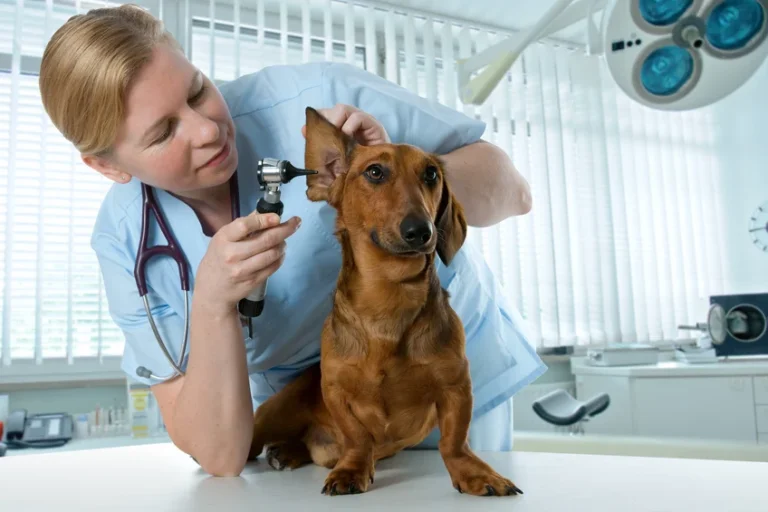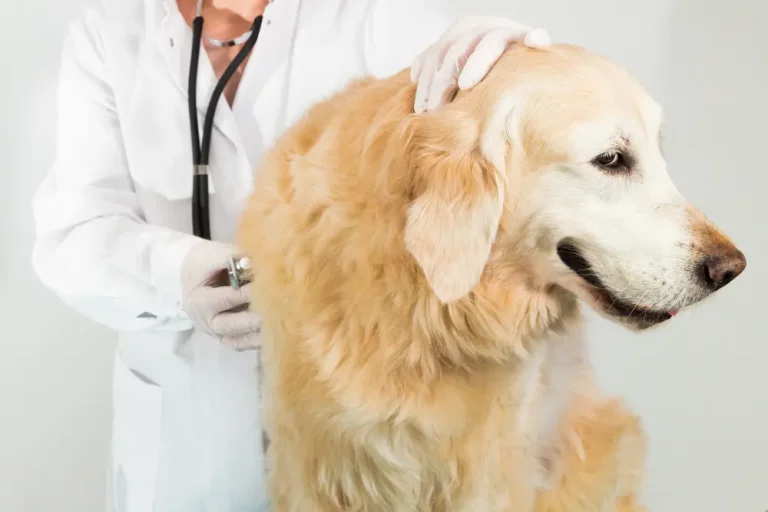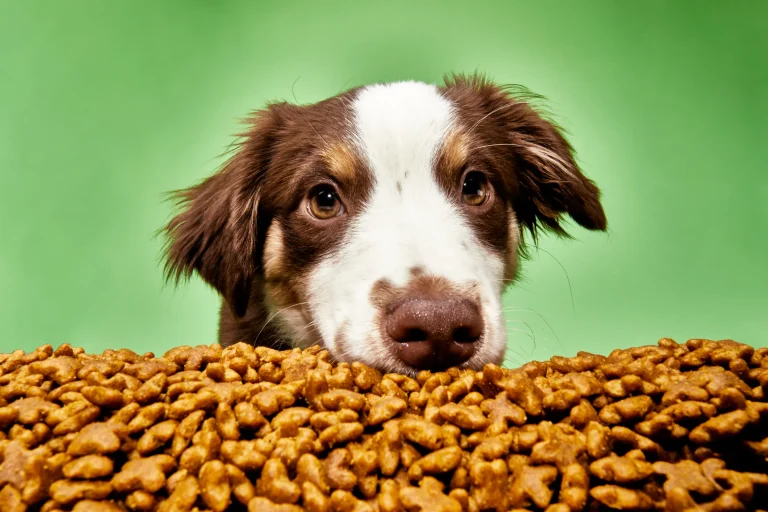
Similar Posts

Best Credit Cards for Pet Expenses: Rewards & Cashback in 2025
Advertisement 2. What to Look for in a Pet-Friendly Credit Card 2.1. A Lot of Cash Back on Everyday PurchasesFind a card that gives you at least 1.5% to 2% back on all of your purchases. A lot of pet-related purchases are made at grocery stores, retail stores, or online stores. 2.2. Extra Categories That…

Pet Travel Insurance Explained: What It Covers and Why You Might Need It
Advertisement 1. Pet Travel Insurance: What Is It? One kind of policy that covers unforeseen circumstances concerning your pet when traveling is pet travel insurance. Although some pet-specific insurance firms also offer stand-alone travel coverage, it is typically provided as an add-on to general travel insurance. The intention is to safeguard your finances in the…

10 Common Pet Health Issues and How Much They Really Cost to Treat
1. Dental Problems Dental problems are common in pets, particularly cats and dogs. Symptoms include bad breath, yellow or brown teeth, and changes in appetite or behavior. Regular dental care can help prevent these issues, but sometimes veterinary intervention is necessary. Estimated treatment cost: $250-$1,200

The Ultimate Guide to Pet Insurance: What Every Pet Owner Needs to Know in 2025
1. Pet Insurance: What Is It? A pet insurance coverage covers your pet’s medical costs and reimburses you for qualified veterinary services. Pet insurance usually requires you to pay the veterinarian immediately before filing a claim for reimbursement, in contrast to human health insurance. Advertisement The majority of plans are monthly subscriptions that operate on…

How to File a Pet Insurance Claim Successfully (With Real Examples)
Advertisement When Should You File a Pet Insurance Claim? You should file a claim whenever your pet receives treatment that is eligible for reimbursement under your insurance plan. This may include: Accidents (broken bones, injuries, cuts) Illnesses (infections, cancer, allergies, diabetes) Surgeries or hospitalization Prescription medications Diagnostic tests (X-rays, MRIs, blood work) Emergency care Routine…

Best Organic Dog Foods of 2025: Top Vet-Recommended Brands Reviewed
Organic Dog Food: What Is It? The components used to make organic dog food are cultivated and processed in accordance with stringent government regulations pertaining to additive use, animal husbandry, and soil quality. Dog foods that are certified organic must adhere to the USDA National Organic Program’s (NOP) guidelines. For food to be classified as “organic,” it needs to: Include components devoid of artificial fertilizers and pesticides. Be produced without growth hormones or antibiotics. Steer clear of genetically modified organisms (GMOs), artificial flavors, and preservatives. Although organic dog food is typically more costly than conventional options, it is frequently seen as healthier, safer, and better for long-term canine welfare.